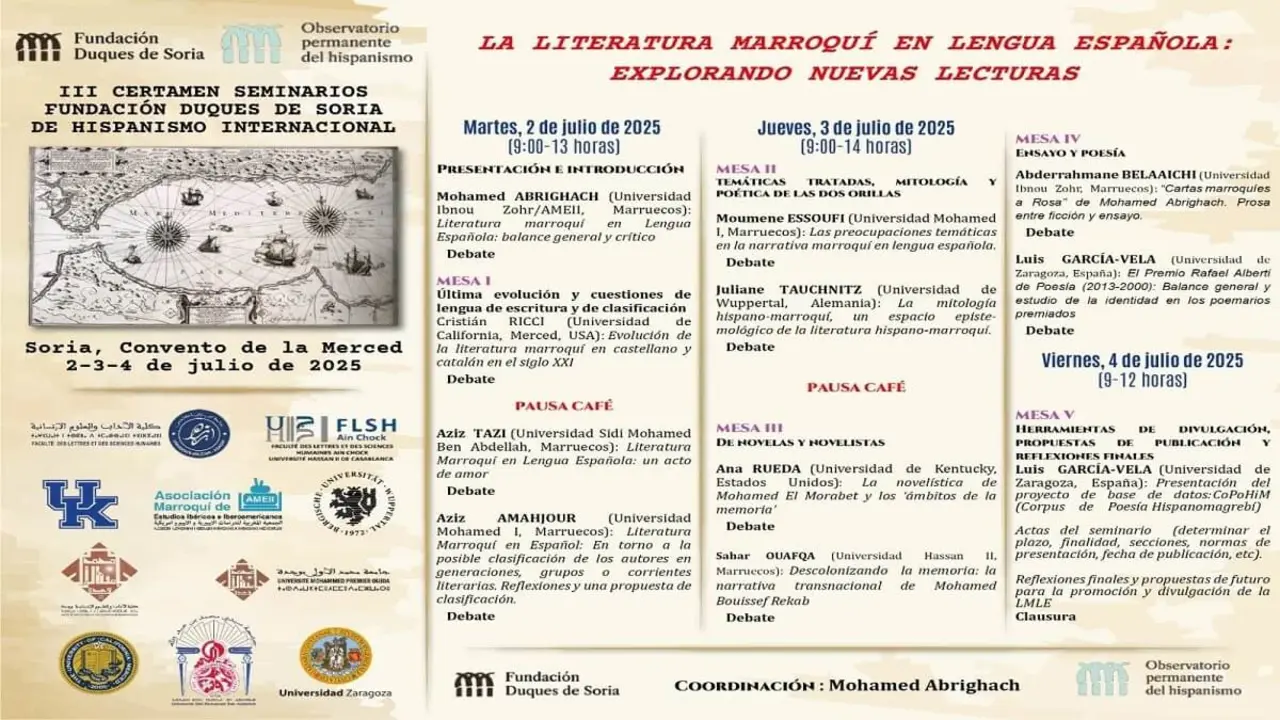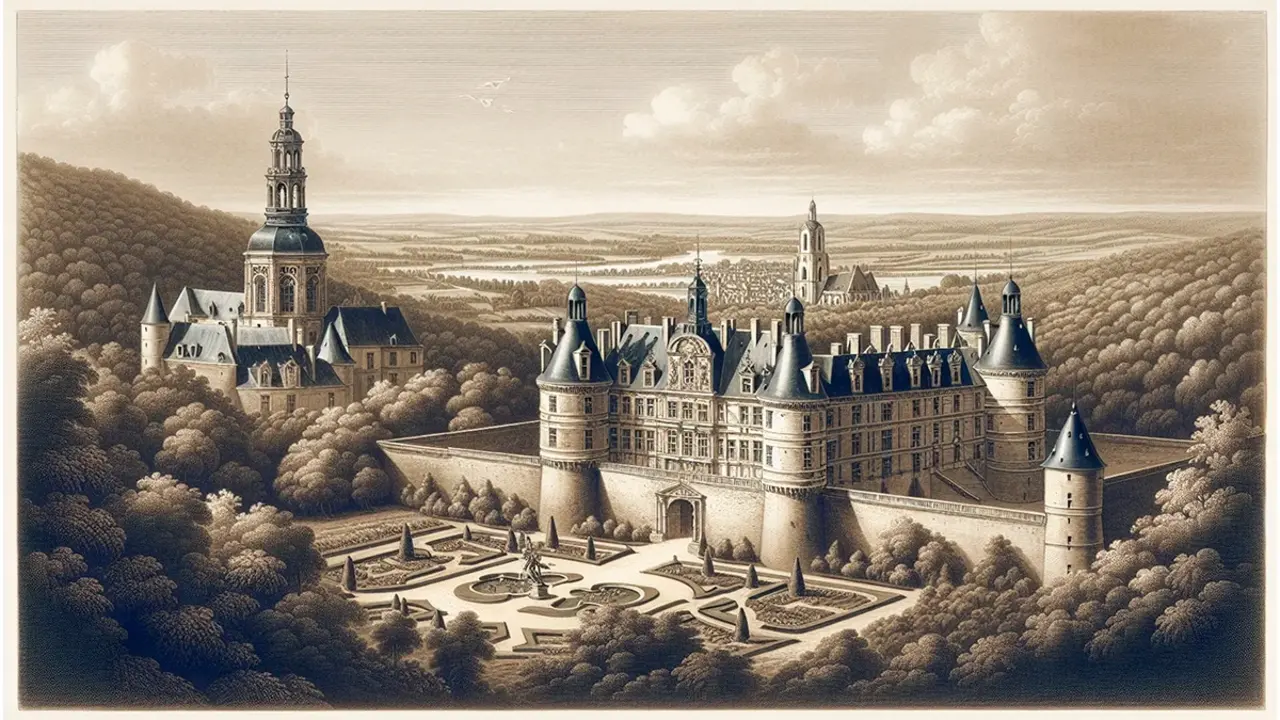Hoaxes, disinformation and hatred
‘The Minister of Propaganda', much more than a biopic of Joseph Goebbels, shows the effective techniques that allowed the spectacular rise of Nazism and the greatest crimes against humanity

Between 1933 and 1945, Germany, Europe and practically the whole world were dragged into the immense tragedy of a Holocaust and a planetary war.
And although many books have been written and cinema has not ceased to show us almost every angle of those events over the last eighty years, there is still room for another vision.
'The Minister of Propaganda’ is now being released in Spain, a title more succinct than the original, 'Führer und Verführer', or the English version, 'Führer and Seducer', which is less emphatic and gentle.
In any case, director and screenwriter Joachim A. Lang composes a terrifying but fascinating, powerful, brutally effective and controversial film in which he tries to find answers to the big question that the victims of that horror and historians have always asked: how could the perpetrators have carried out their crimes and why did the majority of Germans follow Adolf Hitler in that catastrophe?
No less obvious for being foreseen, the answer explained and developed in the film is that it would not have been possible without the powerful and overwhelming propaganda machine headed by Joseph Goebbels. The minister shaped the public image of Nazism, an image that continues to exert a destructive influence to this day. Goebbels insidiously and effectively transformed news into lies, film scripts into anti-Semitic hate films, documents into forgeries and speeches into diatribes against the enemy designated by the deified Nazi leader.
It is impossible to watch the film without giving in to the temptation to compare that time with the present, without noticing the many similarities, without situating both eras as periods in which fake news and disinformation use the same propaganda mechanisms to gain power.
It is evident that the crude brutality of that time, well reflected in the film, has given way to more sophisticated and apparently less violent developments, although the nerve centre of those techniques and the current ones have the same objective: the destruction of the adversary turned enemy.
The film starkly reveals the capacity of human beings to transform themselves into implacable predators of their fellow human beings, even if they wash their own conscience by first stripping the target of its human condition.
Also noteworthy in the script is the evolution of the Nazi message, which moves from advocating a desire for peace in the regime's first five years in power to manipulating the German people with great seductive power, until it firmly convinces them of both ‘the imperative need to eradicate the Jews from the face of the Earth’ and ‘total war’.
The Propaganda Minister's mastery is particularly evident in the historical speech in which he inflames a people whose morale had suffered the enormous shock of the great defeat at Stalingrad.
Robert Stadlober, who plays Goebbels, gives a superb performance, well supported by Franziska Weisz as his wife Magda, whom Adolf Hitler, played by actor Fritz Karl, unofficially appointed as First Lady of the regime.
Joachim A. Lang skillfully and accurately intercuts all of them with excerpts from the original documentaries, which helps to maintain the tension throughout the two hours of this accomplished historical drama.











